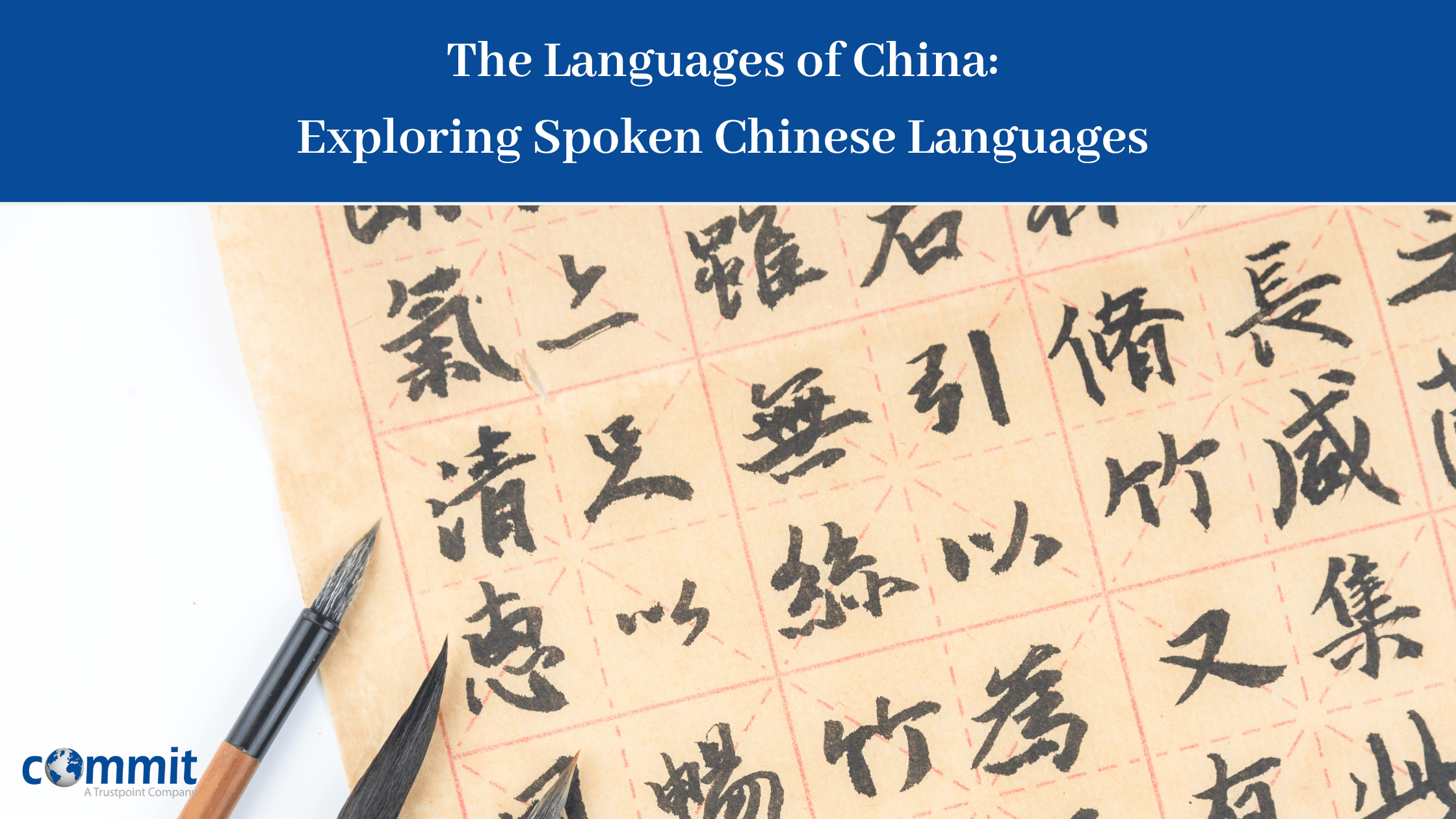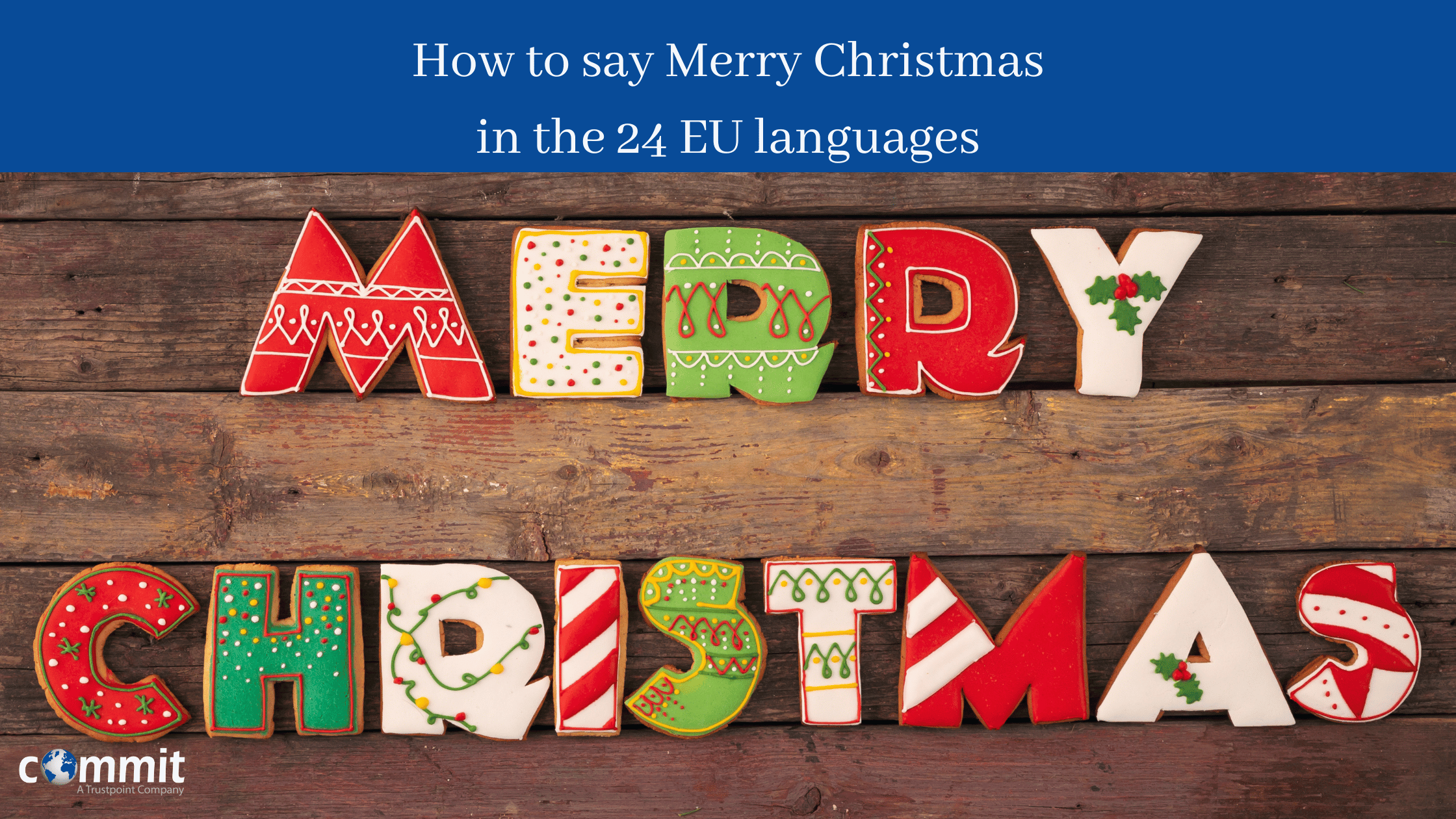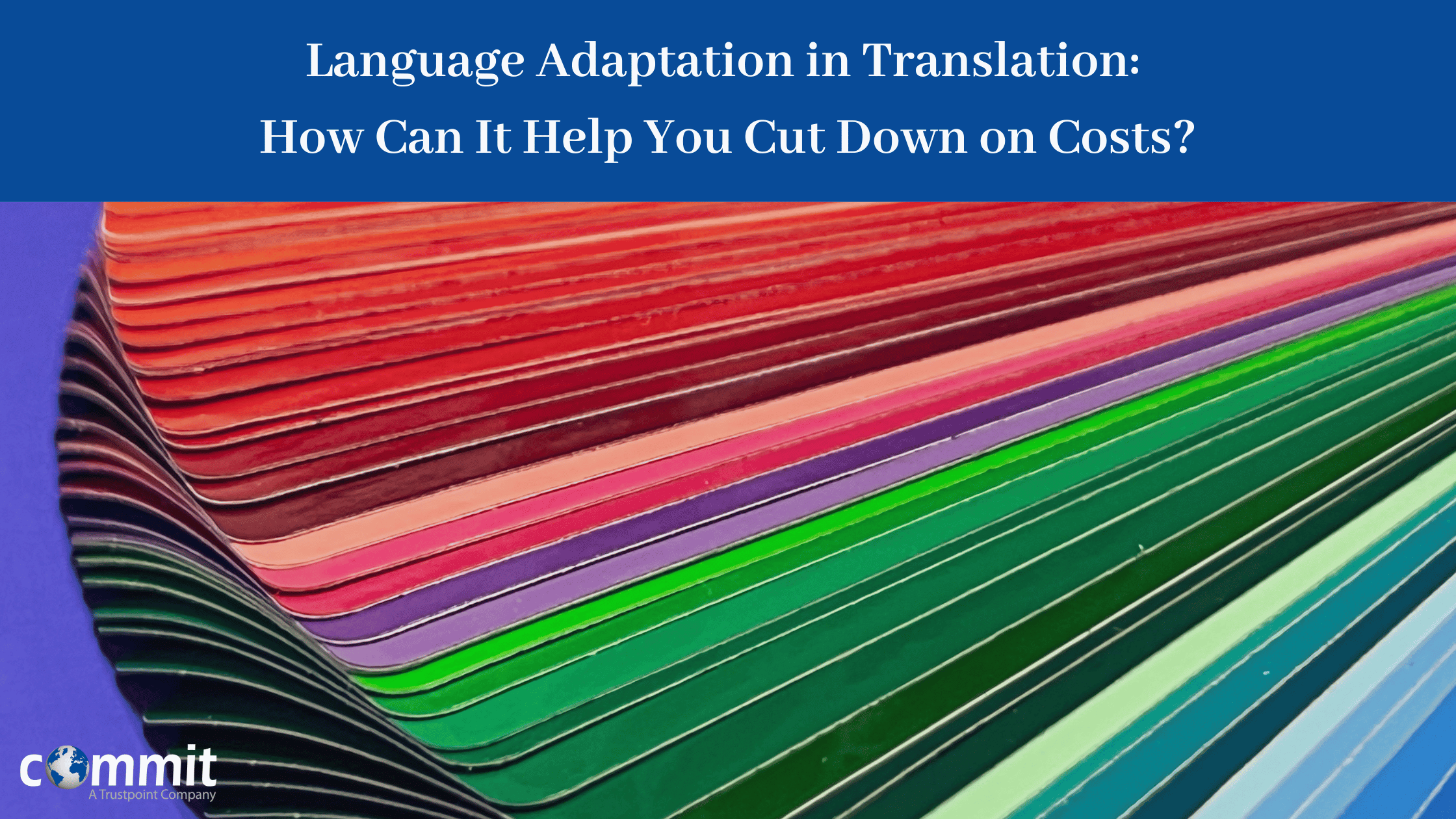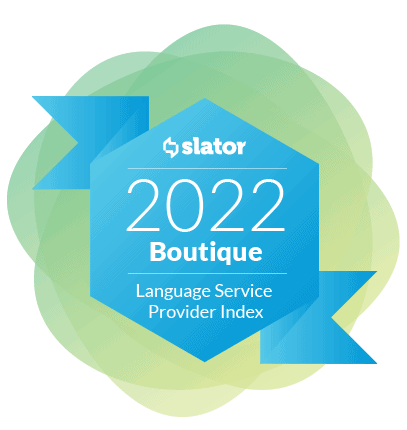|
Listen to Post
|
Listen to this article now:
We all had texts that needed translation at some point in our lives.
In those cases, certain questions have arisen:
- How much will my translation cost?
- Can I use Google Translate instead of a professional translator to save money?
- Will the translation from Google Translate be accurate?
While searching for the best solution, there are various alternatives to choose from, in an effort to settle on either the most affordable one or the one meeting our needs. But do we have all the necessary information to end up with an informed decision?
What is Google Translate?
Those who are familiar with the Internet and its capabilities know Google Translate. Google Translate is a Google service that provides a translation of words or sentences from and to almost all languages. You just type or paste your text in the appropriate field and then choose the source and target languages. It has become such a large part of our lives that we have all heard the following phrases in some wording or another:
-“I’ll look it up on Google Translate”
-“Why don’t you use Google Translate?”
-“translating a simple text is very expensive, so I’ll do it myself, and with Google Translate I will pull it off”
-“why do translators ask for so much money since there is Google Translate?”
If we explore the subject more closely, there is a large percentage of buyers believing that translators either use Google Translate or mistake Google Translate for translation memories. And the question remains: why pay for translators when there is Google Translate? And, can it replace the accurate work of a professional translator?
Does Google Translate work well in all language combinations?
In recent years, due to the reduction in cost and delivery time, considerable progress has been made in the training of translation engines, growing the demand for machine translation. But can this become a reality? In fact, the translation quality of Google Translate has improved quite a lot, particularly in language combinations that are widely-spoken, such as French or English, and remarkably when the target language is English. But what happens with not so widely spoken languages or languages with complex grammar and syntax? Greek, for example, uses cases, specific rules and demonstrates peculiarities that at this moment a computer cannot work out on its own. Also, in many languages one word has more than one meaning or changes its meaning depending on the syntax; and this is where the famous Google Translate falls short compared to a professional translator.
Can we combine Google Translate with the work of a professional translator?
Many now realize that Google Translate is not the solution and that the automatic translation it provides is not always accurate and cannot replace the human factor. Nevertheless, the issue of cost and time remains, and many claim that translation should be performed with Google Translate and then be edited by a translator to ensure its accuracy. However, this solution also seems ineffective. Most of the times, for the reasons mentioned above, the translator ends up translating from scratch and, of course, being remunerated for translation and not editing services. The cost then is the same for the client and significant time has been needlessly spent with pointless experiments.
How does Google Translate handle terminology?
What happens when the text to be translated is technical and contains legal, economic, or medical terminology? Can Google Translate detect the corresponding terms and render them accurately in the target language in order to create a meaningful text that has cohesion and coherence? Can it inspire the same trust as a translator? In these texts, the terminology is specific and often provided by the client. In other cases, the translator has compiled a terminology library from previous projects. Google Translate doesn’t have the ability to integrate this terminology. Besides, most of the times it fails to render these terms correctly or understand if a word refers to a Product Name or a Trademark that doesn’t need to be translated.
Can the use of Google Translate become dangerous?
With texts that require particular attention and baffle even an experienced translator, the use of Google Translate is lurking dangers. Medical device manuals for example do not leave room for mistakes. In these cases, the use of Google Translate for cost reduction might not be prudent as the consequences of an error exceed the cost of a professional translation. In every transaction, there is trust that is built over time. So, when we have a technical or medical text, we have to do research, assess translators and choose the right person for the job.
Google Translate unlike human translators cannot follow instructions
Another drawback of this “all-in-one translation engine” is that it cannot follow any instructions provided. Technical texts are usually accompanied by several directives, such as the translation or not of measurement units, chemical compounds etc. In these cases, a specialized translator outweighs Google Translate for the following reason: the translator can also perform research while Google Translate memorizes terms and places them in the text without understanding their meaning or the outcome created by this “mishmash”.
The major drawback of Google Translate
The main issue of using Google Translate is confidentiality. Working with a translator, the customer ensures the privacy of their personal data through contracts. This is not the case with Google Translate since Google keeps the data collected in the event you choose to download, send or store the content of your file and has the right to use and reproduce your text. This is also clear in Google’s terms of service:
“When you upload, submit, store, send or receive content to or through our Services, you give Google (and those we work with) a worldwide licence to use, host, store, reproduce, modify, create derivative works (such as those resulting from translations, adaptations or other changes that we make so that your content works better with our Services), communicate, publish, publicly perform, publicly display and distribute such content.” Lastly, the use of Google Translate does not only affect the translation outcome in terms of quality, but it also raises copyright issues as it can be modified and republished.
Google Translate as a dictionary?
Having explored the negative points of Google Translate, in my opinion it has one very positive aspect. It can be used as a dictionary to search for individual words as it provides a variety of interpretations. When searching for the translation of a term, it offers more than one rendering. Also, the translations of individual terms are correct, and surprisingly it seems to be more comprehensive than other online dictionaries. However, it cannot be used as a CAT TOOL or a translation memory, but it works perfectly as a multilingual online dictionary.
In conclusion, automatic translation is indeed free, but it has not yet succeeded in replacing the value, quality and accuracy of a human translation. We will just have to wait and see what the future holds!








